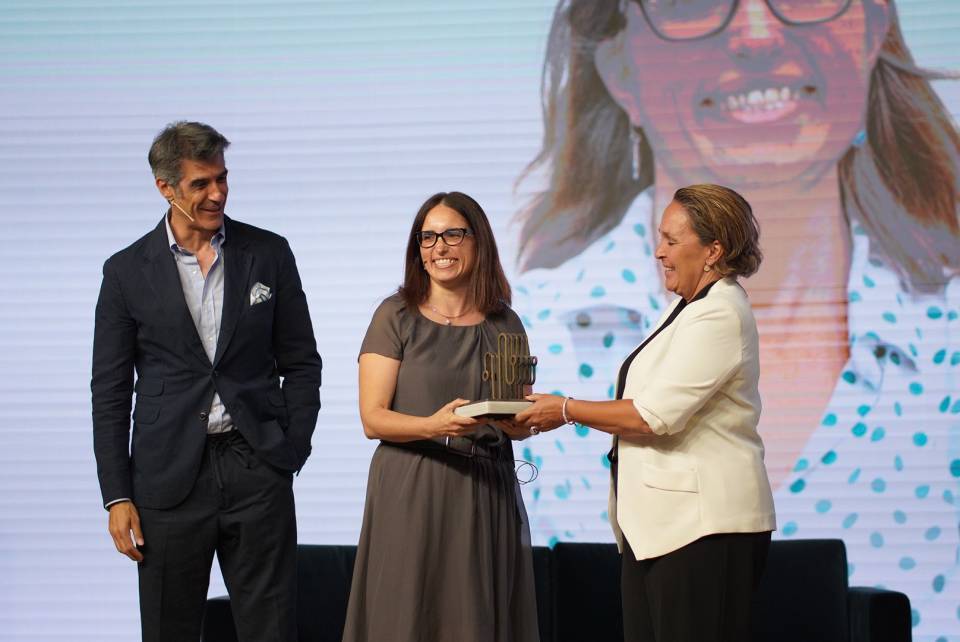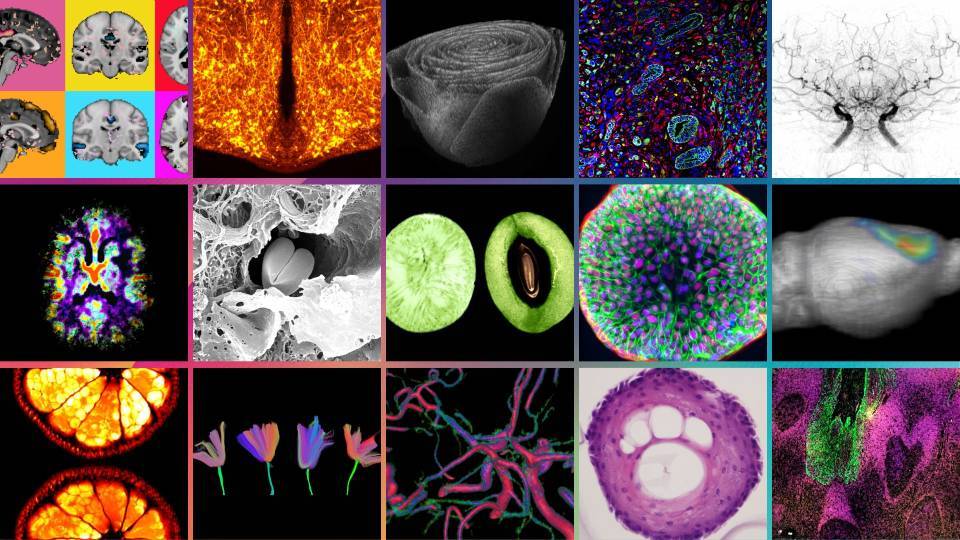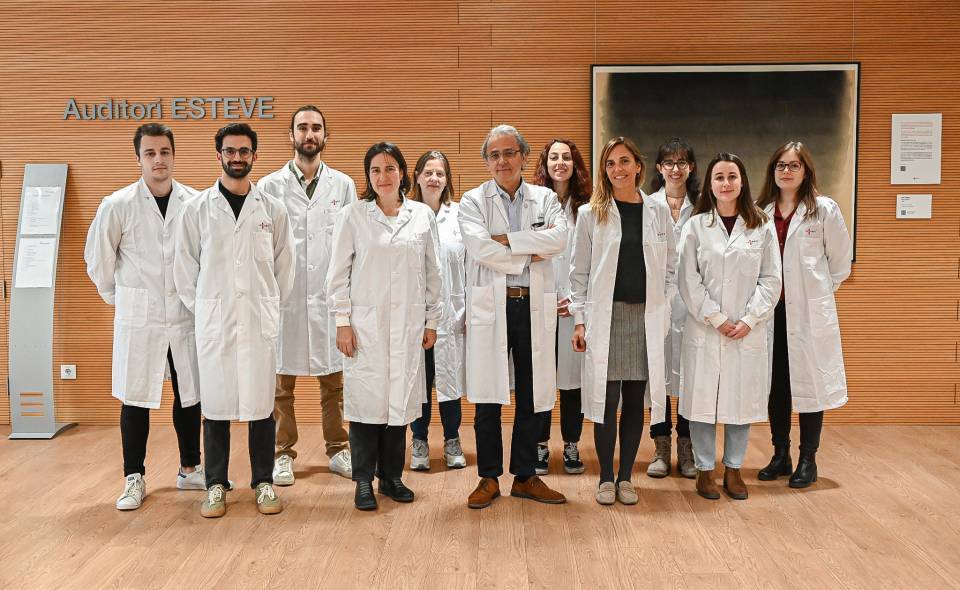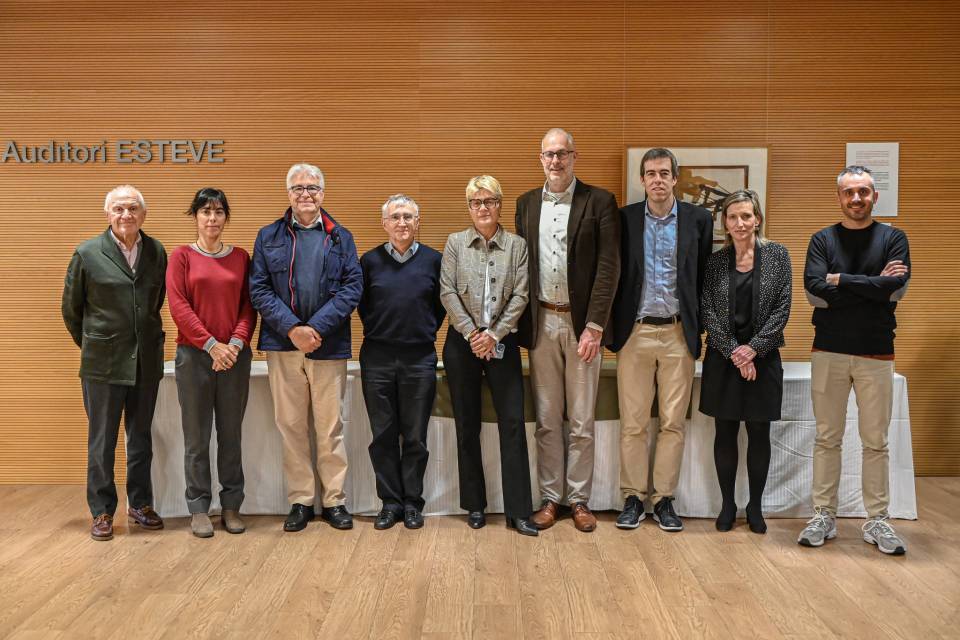On Wednesday, 15 June the ceremony for the presentation of the Catalana Occidente Group’s Fundación Jesús Serra Awards took place. This fourth edition has recognised, once more, the careers and projects of young researchers who are working at the intersection of diet, nutrition and health: Fàtima Crispi, in the clinical research category, and Arkaitz Carracedo, in the category of basic research.
Crispi, a senior specialist at the BCNatal Foetal Cardiology Unit at the Hospital Clínic and the Hospital Sant Joan de Déu and an IDIBAPS researcher, has received the award for her research into the foetal development of babies born with a low birth weight. This condition affects between 7 and 10% of newborn babies, and there is no treatment for it. Crispi has described how, in these fetuses, the heart remodels itself to adapt to the placental insufficiency that causes the low birth weight. It would seem that these cardiovascular changes persist during childhood, adolescence and into adult life, a fact which probably explains the greater susceptibility to cardiovascular diseases presented by these individuals.
Recently, the researcher and her team have shown that promoting the Mediterranean diet among pregnant woman could reduce, by up to 30%, the number of babies born with low birth weight, as well as the associated cardiovascular damage. Thanks to the 35,000 euros from the Fundación Jesús Serra Awards, the researchers will be able to study whether the benefits in cardiovascular development are maintained in children years after their birth.
“For my team, this award means we can give continuity to a line of research we have been working on for many years. The commitment of the Fundación Jesús Serra to this type of research is extremely important because it is often easier to obtain funding to develop a new drug than to conduct a rigorous study of diet”, comments Crispi.
Eduard Gratacós, director of BCNatal and head of the IDIBAPS Fetal and perinatal medicine group to which the researcher belongs, highlights: “Crispi is working on a leading-edge project that has gone beyond her specialisation and has provided relevant knowledge to a broad group of doctors and biomedical researchers. Her results have a clear implication for public health, as they open up new opportunities to improve the cardiovascular health of future generations through interventions based on improving diet and nutrition during pregnancy”.




